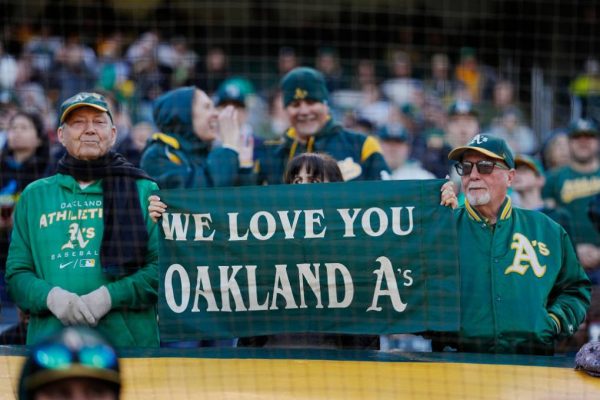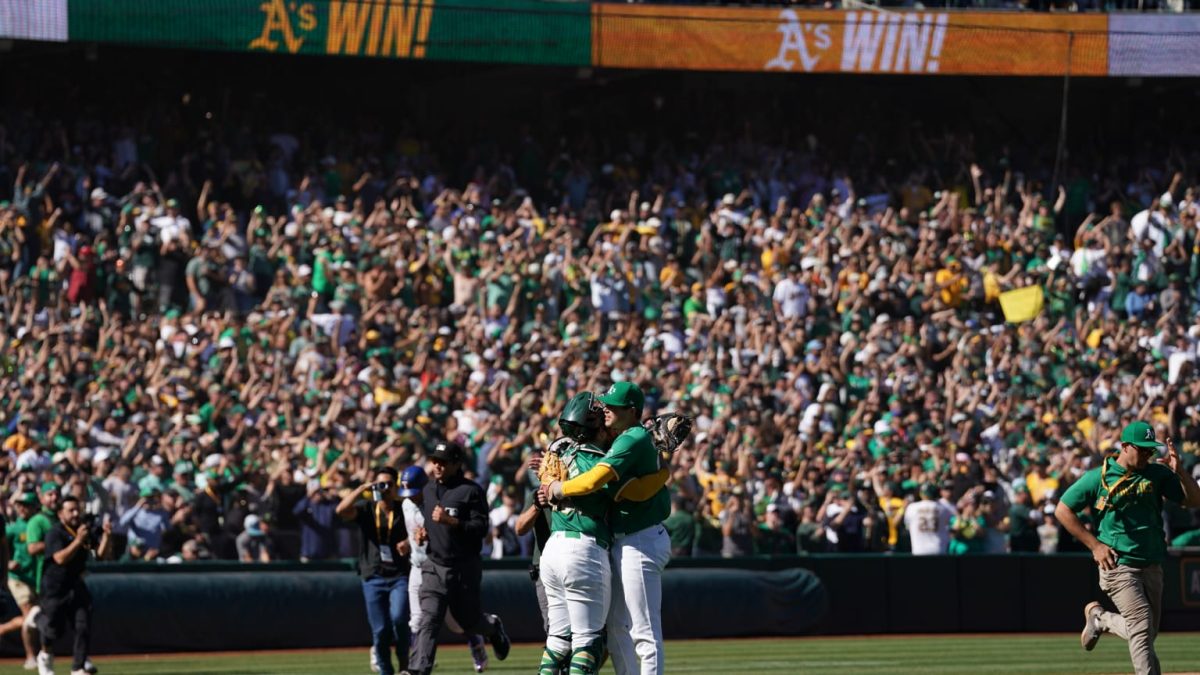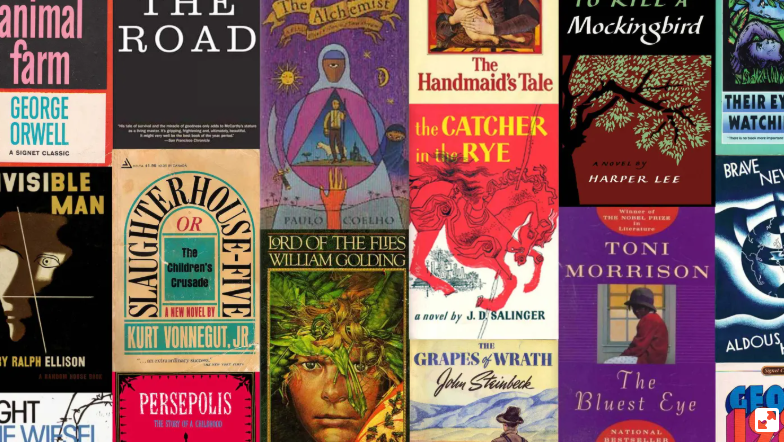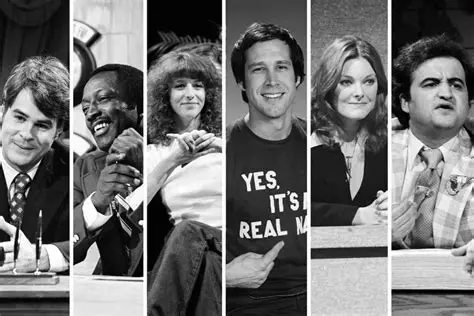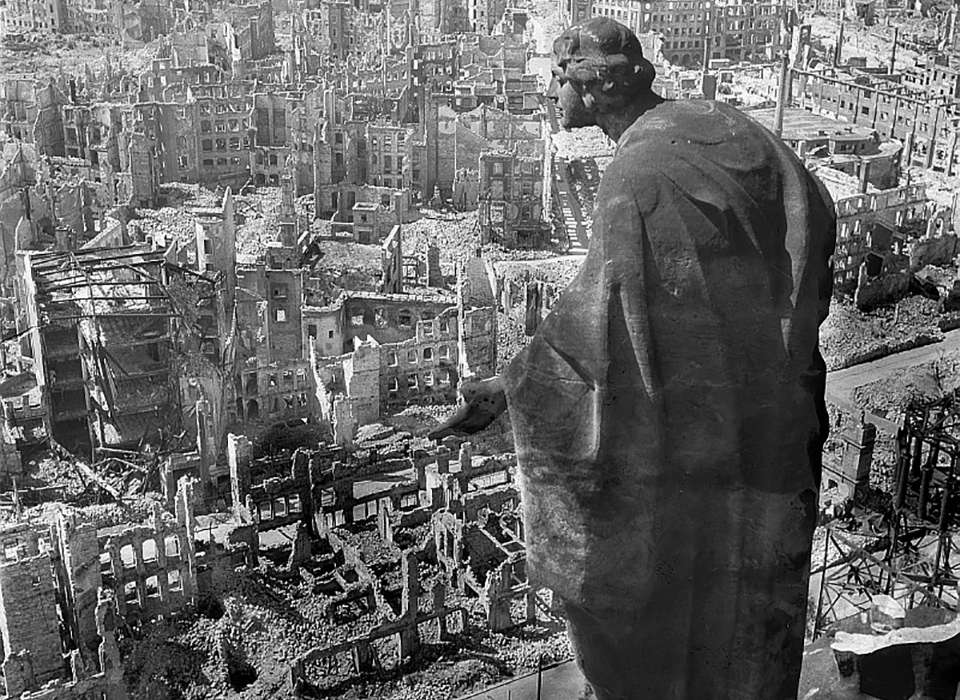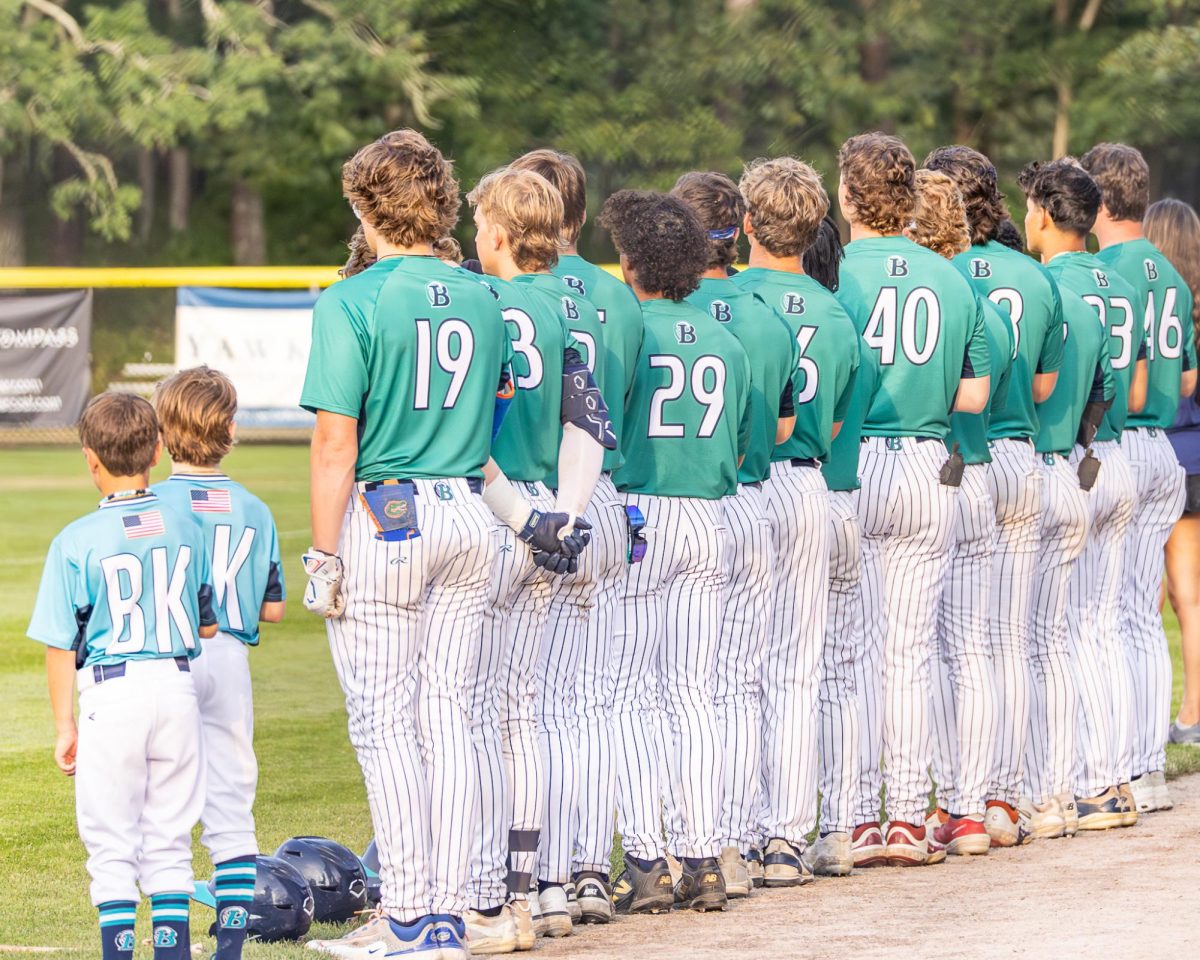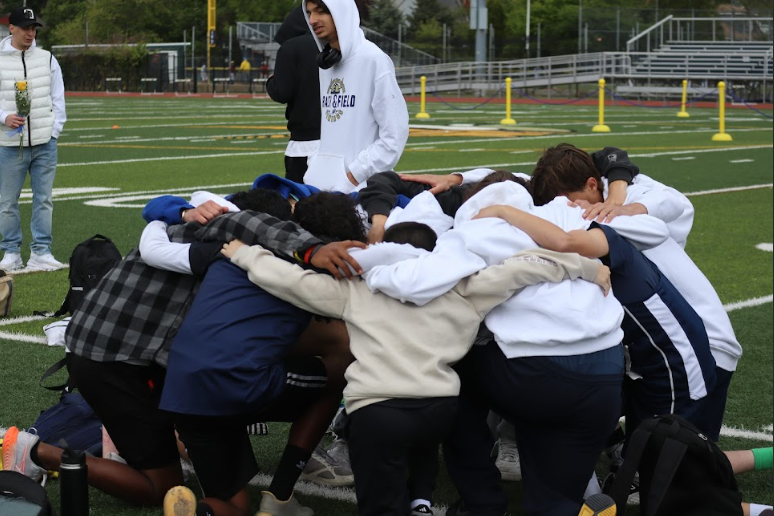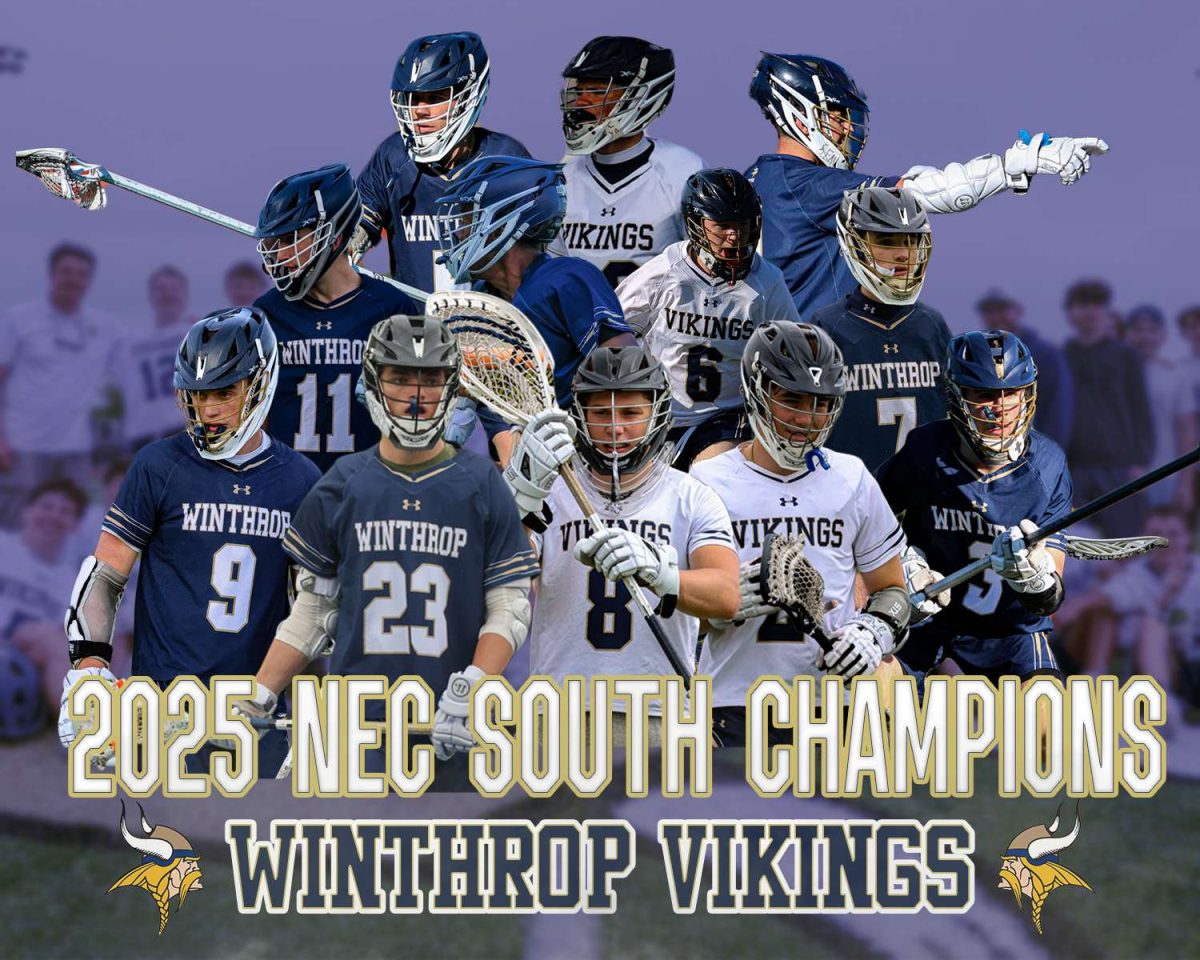September 29, 2024
A’s closer, Mason Miller, stood on the mound, eyes focused, heart racing, knowing that this moment would be remembered forever. That day, he closed out the Athletics’ final game in Oakland, ever. Every pitch he threw carried the weight of decades, the fans who had bled green and gold through every single win and every single heartbreak. When that last pitch was thrown, it was much more than the end of another game of baseball; it was the closing chapter of something so deeply rooted in Oakland’s culture and history.
For fifty-seven years, the green and gold had meant so much more than just a baseball team to the city of Oakland. And now, abruptly, it was all over.
Their story began all the way back in 1968, when the Kansas City Athletics packed up and moved to the city of Oakland, California. They wasted no time making noise, however. In the 1970s, they built a dynasty, winning three straight World Series titles while being powered by names we still hear today: Reggie Jackson, Catfish Hunter, Rollie Fingers. They were unmistakably Oakland.
In the late ’80s, Oakland began to rise yet again. The Bash Brothers, Mark McGwire and Jose Canseco, brought electricity to the Coliseum. They had Rickey Henderson stealing bases like there was no tomorrow, Dennis Eckersley slamming the door on terms, and manager Tony La Russa managing an absolute powerhouse. Oakland baseball ruled again. The 1989 World Series, also known as the “Battle of the Bay,” was won by the Athletics only days after the Loma Prieta earthquake. It soon became a symbol of strength for the entire Bay Area.
Then came “Moneyball.” Billy Beane’s experiment turned the A’s into something that yet again was something bigger than just a sport. It became a story of innovation, about believing, even when no one else would. It was the ultimate Oakland move. Instead of competing with the big guys by seeing who can give players the biggest paycheck, play smarter, not richer.
But time has worn down the concrete walls of the Coliseum, and the patience of one of the most loyal fanbases in sports. Ownership changes, blunders, and lost promises had begun to leave the seats emptier and emptier as each season came and went. The drums that once beat in the bleachers, the cheers. They had all grown quieter, and quieter.
Today, the Athletics remain in Sacramento as they ready for their move to Las Vegas and soon begin their next chapter. As time moves on, the Athletics’ disappearance from Oakland hurts more and more. While only the team left the city, it took a big part of its culture and soul with it, too.
In the end, the A’s weren’t just about baseball; they were about a city whose love never faded, whose hope never diminished, and most of all, a city that refused to be ignored. The Coliseum’s lights may dim, and the A’s may leave the field, but in the hearts of those who loved them, Oakland will always remember.
“How can you not be romantic about baseball?
— Billy Beane, Moneyball (2011)
